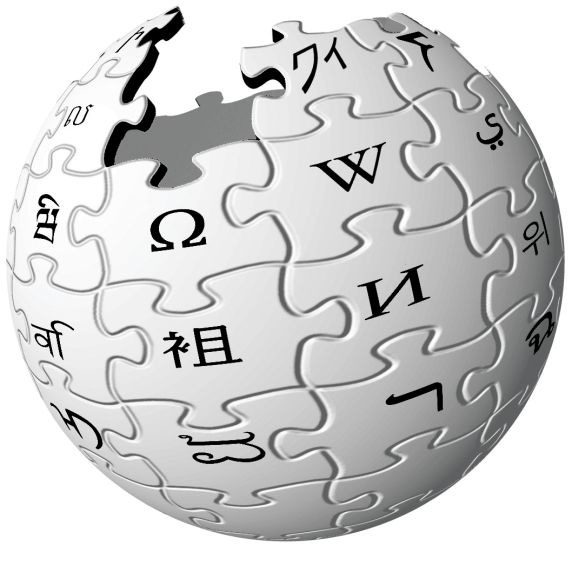Last week, Wikipedia and other popular websites protested the Stop Online Piracy Act and Protect IP Act by blacking out their logos or redacting content on their websites. Sites like these, and many more, are resisting what would amount to an unprecedented level of unchecked internet oversight by the government.
Both pieces of legislation are anti-piracy bills that would grant intellectual property owners unprecedented powers over the internet. Such powers would give the U.S. federal government the ability to take down not only sites that host copyrighted content, but sites that link to sites that host the content as well. In laymen’s terms, these bills would enable the government to shut down sites like YouTube for hosting unlicensed content. Every time you look up a music video or ESPN sports highlight on YouTube, there is a good chance that those videos could be censored.
As they are written now, SOPA and PIPA amount to extreme censorship of the internet. China and Iran have extraordinarily repressive policies regarding their people’s freedoms and their citizenry’s access to the internet. If current anti-piracy legislation is revived and passes both houses, the United States would join China and Iran as leading censors of online content.
SOPA and PIPA have now been postponed indefinitely, thanks largely to a wave of public opposition and internet protests. However, prior to being tabled in Congress, SOPA had the backing of nearly a quarter of the members of Congress making future bills of similar intent likely. Yet the Loquitur editorial staff strongly believes that it is fruitless to pursue anti-piracy legislation due to the presence of the Digital Millennium Copyright Act. For 14 years, both the Motion Picture Association of America and the Recording Industry Association of America have heavily wielded the DMCA to request that infringing material be removed. If you have ever seen an error message on a previously viewable YouTube video, then you know full well that the DMCA is working just fine.
It would be an understatement to say that SOPA is unfeasible. It willfully misunderstands the nature of the internet and has the potential to cause huge financial and cultural losses on a global scale. Last month, a New York Times op-ed called SOPA the “Great Firewall of America.”
As college students, we know that where there’s a will, there’s a way. Congress’s current attempt to censor the web has been halted; however it is naive to believe that there will be no anti-piracy in the future. That being said, it is imperative that you call and write to your representatives in Congress and voice your opinion. By signing petitions and contacting your representatives, you can help to maintain open and unencumbered access to the greatest pooled intellectual property in the history of the world.
As both college students and as the editorial staff of a newspaper, we recognize the importance of and the sanctity of one’s online profile and property. However, we also realize the enormous value of a truly free internet. The wealth and depth of knowledge now afforded to us is truly invaluable, as is the freedom it offers and represents. Now more than ever, we must strive to maintain and foster the internet as a fair, free and universal forum.



